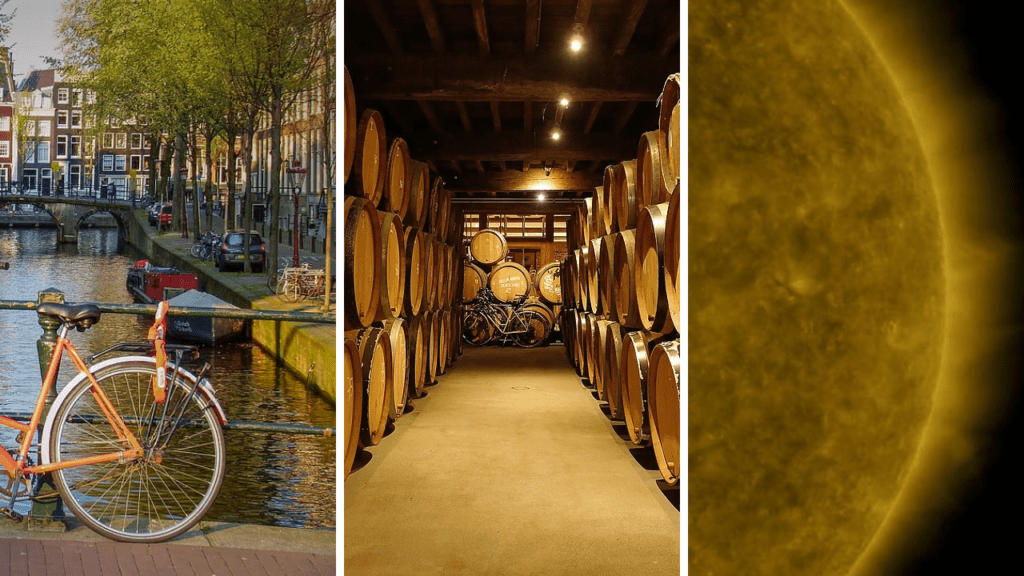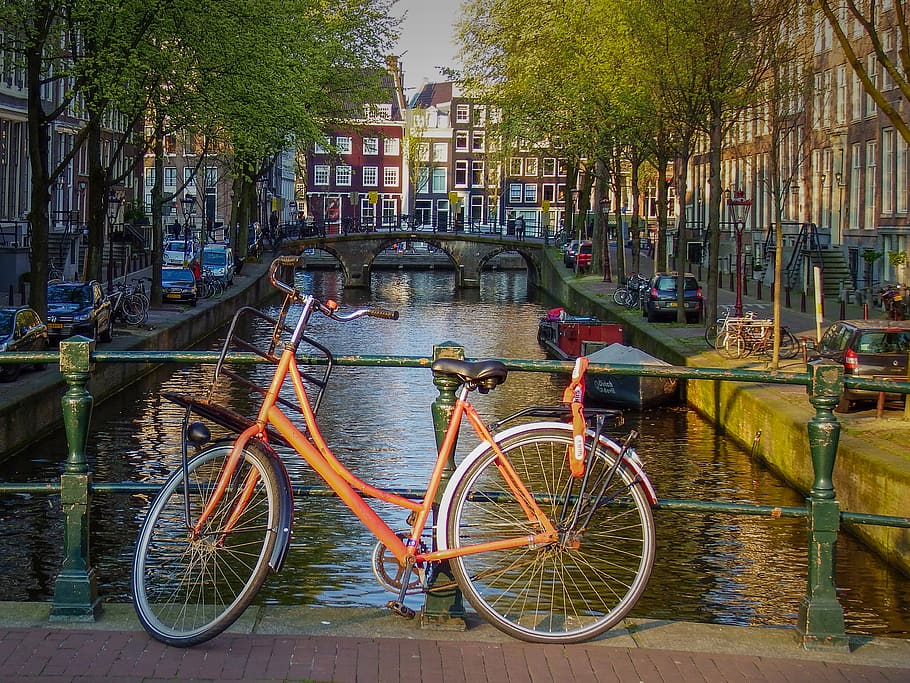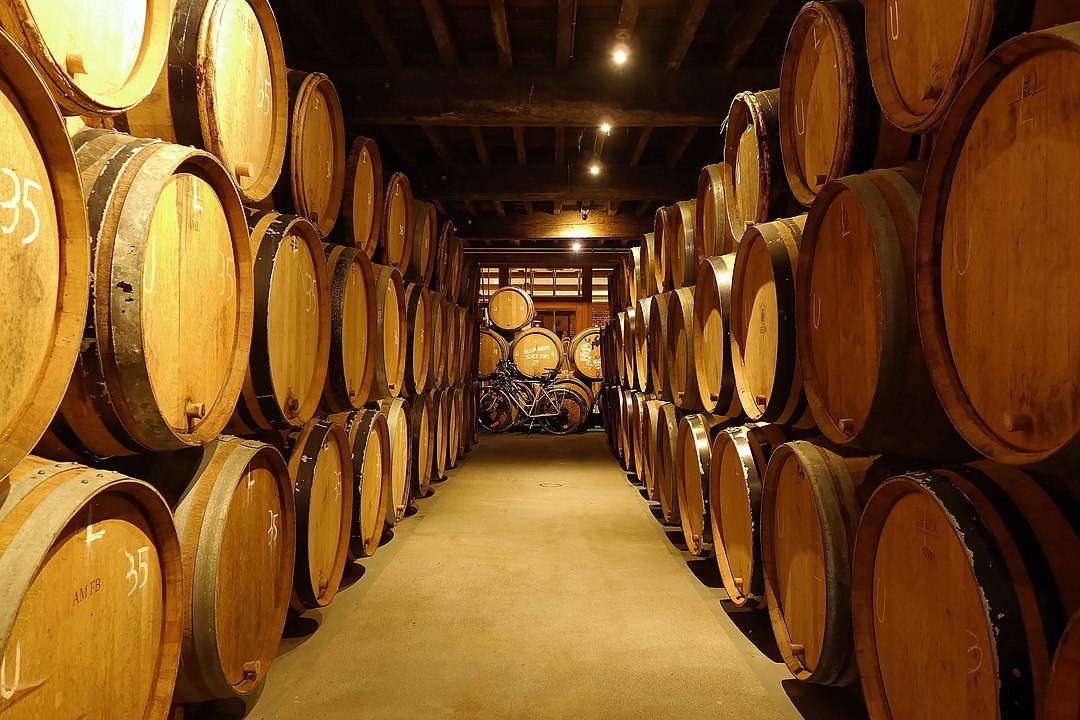It has been confirmed - well, at least as confirmed as it will be - the National Security Council will be meeting again next Wednesday.
Now, just to be clear, this isn't a change. As we enter into another month of quarantine, we have come to expect news on the last Wednesday of the month. Occasionally, we get hit with a hasty PowerPoint, unreasonably long run times or slightly confusing advice (often rectified quickly in the following days), but this we expected.
This confirmation - currently shared by VRT, but heavily suggested by the Prime Minister earlier in the week - means that the council will not be bowing to pressure to hold the meeting early due to Belgium's mounting infections.
Probably? If anything changes we'll let you know.
So, while we wait, let's look at how climate change is going to hit Belgium's beer and fries.
Belgium in Brief is a free daily roundup of the top stories to get you through your lunch break conversations. To receive it straight to your inbox every day, sign up below:
1. Belgium breaks average of 800 new coronavirus cases per day
An average of 807.3 people per day tested positive for the new coronavirus (Covid-19) in Belgium during the past week, according to the latest figures by Sciensano on Thursday.
The trend of new infections per day increased by 56% over the 7-day period from 7 to 13 September, meaning that the rise is accelerating.
According to figures on Sciensano’s dashboard, 29.600 tests were carried out on average per day over the last week. Since the start of the pandemic, a total of about 2.7 million tests were carried out. Read More.
2. Belgium adds new EU areas as red travel zones from Friday
Several new areas in the European Union, including Amsterdam, Vienna and Budapest, will become red zones for travellers from Belgium from Friday, according to the Foreign Affairs Department’s latest update.
This means that Belgium will no longer allow non-essential travel to these areas, and being tested and quarantined upon return will be mandatory, from Friday 18 September at 4:00 PM. Read more.
3. Van Ranst urges university students to limit weekend trips home
Ahead of the start of the opening of Flemish universities next week, virologist and government advisor Marc Van Ranst called on students who could to remain on campus at the weekends.
“If possible, limit traditional weekend trips home,” Van Ranst wrote in a Twitter thread. “This limits the number of transmission opportunities for the virus.”
“In many countries, students stay on campus for months,” Van Ranst added, also urging students to remain wary and respect coronavirus measures both on and off-campus. Read more.
4. Climate change in Belgium threatens beer and fries, says report
The production of two of Belgium’s iconic products, beer and fries, could be severely affected by climate change, according to a report commissioned by the National Climate Commission.
The report, “Evaluation of the socio-economic impact of climate change in Belgium,” looks at the current forecasts for the effects of climate change, and the effect on a variety of economic sectors, including energy, fisheries, tourism, agriculture and transport.
“In recent years Belgium has experienced persistently mild winters, recurring drought episodes and a succession of hot summers, culminating in the unprecedented temperature extremes recorded during the summer of 2019,” says the report, which was written before this summer’s record-breaking temperatures. Read more.
5. Belgian Crown Princess Elisabeth begins her military training
The Belgian Royal Palace shared the first images of Crown Princess Elisabeth during her military training at the start of the school year at the Royal Military Academy.
Princess Elisabeth graduated from high school in Wales, and is now spending a year studying Social and Military Sciences at the Royal Military Academy in Brussels. Read more.
6. Sun entering new cycle, Belgian astronomers reveal
The Earth’s Sun is entering the beginning of a new cycle of activity, the American space agency NASA has announced. The announcement is based on data supplied by astronomers at the Royal Observatory in Uccle.
The fact that the Sun has cycles has been known since the 18th century. The cycle is irregular, anywhere between nine and 14 years, and 11 years on average. The new cycle is number 25 since the beginning of counting. Read more.
7. Brussels primary school sends all teachers into quarantine
Over 400 Brussels pupils can no longer receive on-site lessons after a primary school quarantined all its teachers after detecting a coronavirus cluster among them.
The School Numéro 16 in Schaerbeek said at least five of its teachers had tested positive for the new coronavirus, according to the cabinet of Mayor Cécile Jodogne. Read more.
Jules Johnston
The Brussels Times



